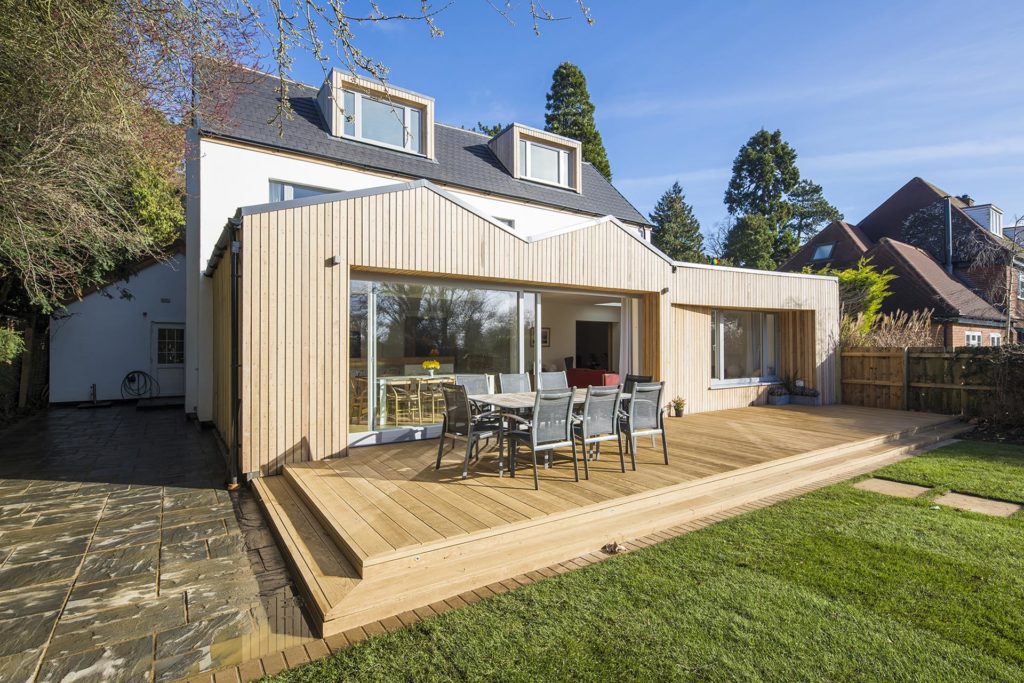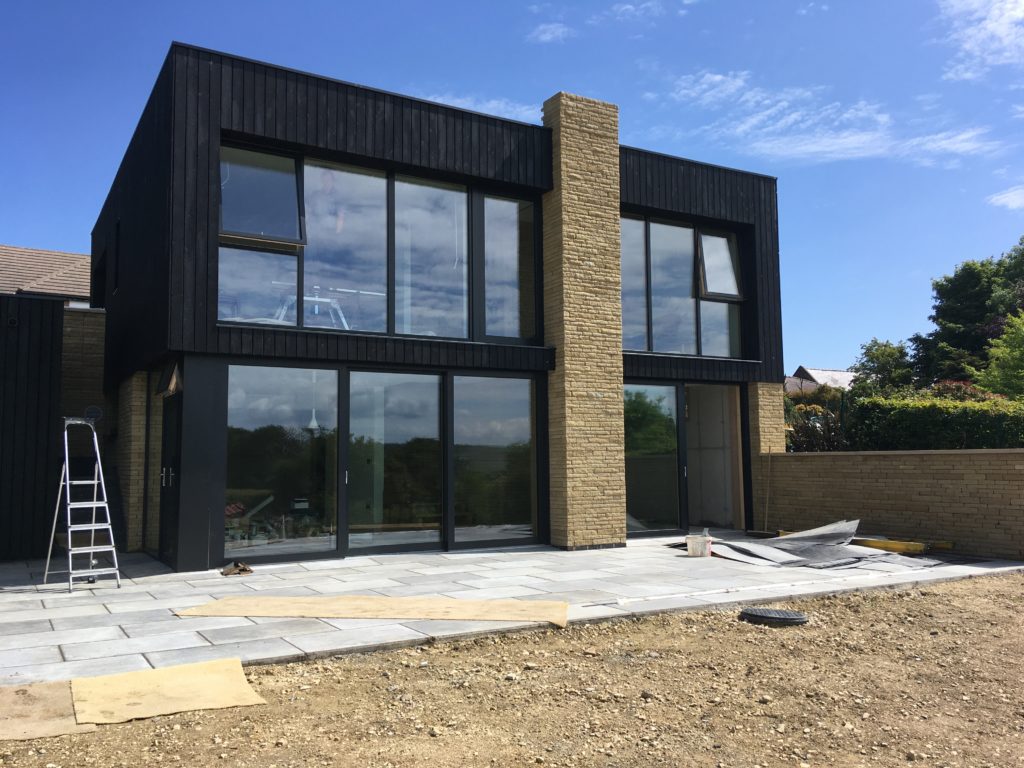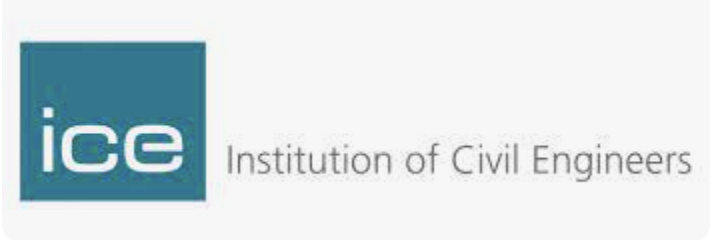The role of a structural engineer is not just about sizing timber roof members, steel beams and concrete foundations. Although providing calculations and drawings is, of course, a really important part of their job. Appointing your engineer early allows for maximum collaboration with the architect and the builder, as well as with you, the client.
This will ensure your project takes into consideration a range of criteria such as:
- Ease and speed of construction;
- Availability of materials and suitable labour;
- Health and safety;
- And, last but not least, cost.
So, what should you look for in a Structural Engineer?
1. Experience
Do they have extensive, recent and successful experience of working on similar projects. This is important as it gives an indication that the engineer’s skill set and knowledge base is in tune with the scale and scope of your project. It will lead to a more suitable, efficient and cost-effective design, saving you time and money. Always ask to see testimonials from previous clients.

2. Have they worked with your Architect and/or Builder before?
When the team members understand and trust each other, they work better together to create the best possible end result for you. However, even if the engineer hasn’t worked with your architect or builder before, it’s important to check they’ll take a proactive and flexible approach so that everything runs smoothly.
3. Are they chartered?
Is there a Chartered Structural Engineer working for the practice? Being Chartered by the Institution of Structural or Civil Engineers indicates a high level of skill and competence gained through many years of practical experience. Having a chartered engineer involved to check your design will help ensure all the information issued to building control and your builder is of a high standard.
4. Communication
How good are they at communicating, and will they deliver what they promise? Prompt and effective communication is essential for projects to run smoothly. If you’re constantly having to chase an engineer just to obtain a quote for your project then it’s not a good sign.
Similarly, do they have a track record for doing what they say they’ll do, such as issuing information to building control or the builder on time? Have a look at their online reviews or talk to previous clients to see how reliable they really are.
“If we hadn’t involved JAM Structural Design from the beginning alongside our Architects we would have never achieved such a radical transformation“
5. Is their service good value, rather than just cheap?
Likes most things in life you get what you pay for. And the building sector is no exception.
Check that the engineer provides a service which is comprehensive but allows for some flexibility. Otherwise, you could find yourself being charged for any changes that need to be made.
Working with you and your team, a good engineer will also try to minimise the potential for problems on-site. This will help you to avoid costly redesigns once work starts on site.
When considering quotes from different engineers, it’s worth making sure that you look at the complete service rather than the headline figure. This way you will compare apples with apples, and can make an informed decision.

6. Can the Engineer help the builder to develop a safe construction method and a realistic programme?
The engineer’s job doesn’t finish when the calculations and drawings have been issued. They should also work with your builder to ensure the design can be built safely, cost-effectively, and on time.
A good one will also identify any potential construction challenges before advising on any temporary work (such as temporary supports to existing walls) to keep everyone safe.
7. Do they have Professional Indemnity Insurance?
Similar to a house or car insurance, Professional Indemnity Insurance (or PII, for short) is something you’ll hopefully never need, but you’d be mad not to have it.
Check your engineer has sufficient PII to cover the cost of the structural components of your project. This means you’ll be protected in the highly unlikely event there’s a problem with the design.
Do you need a Structural Engineer for your project?
For elegant, efficient & cost effective structures JAM Structural Design have got you covered.


